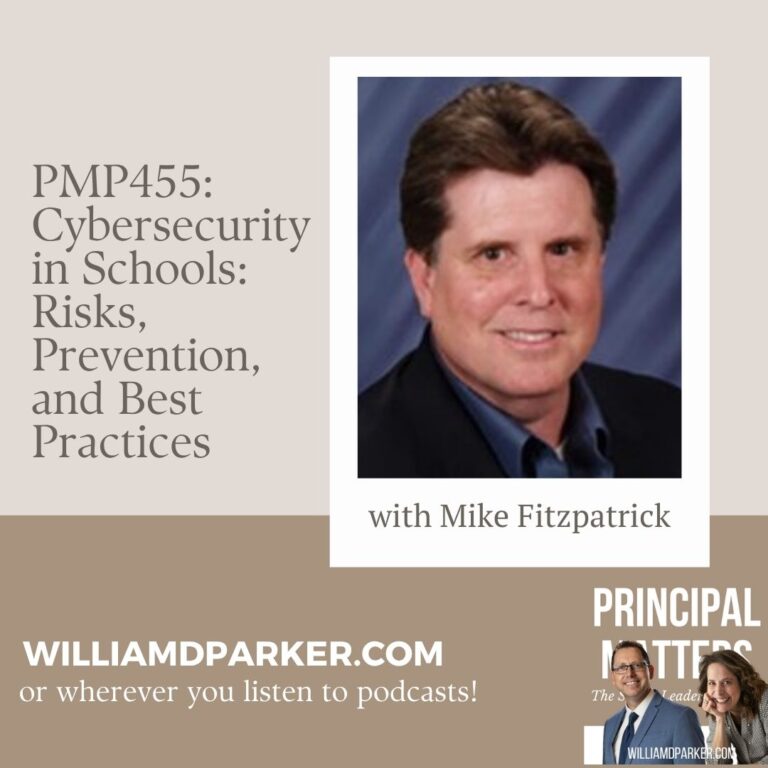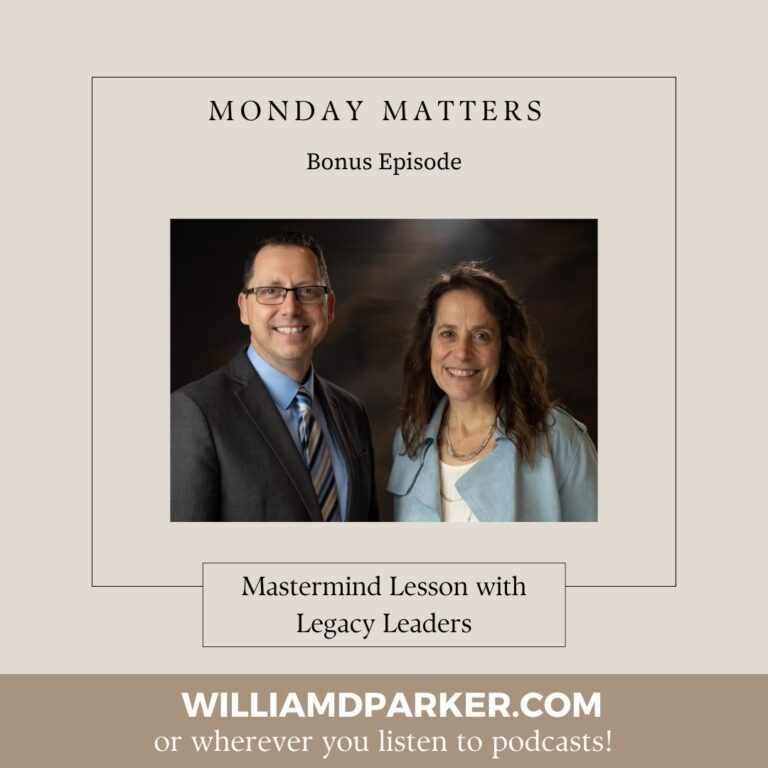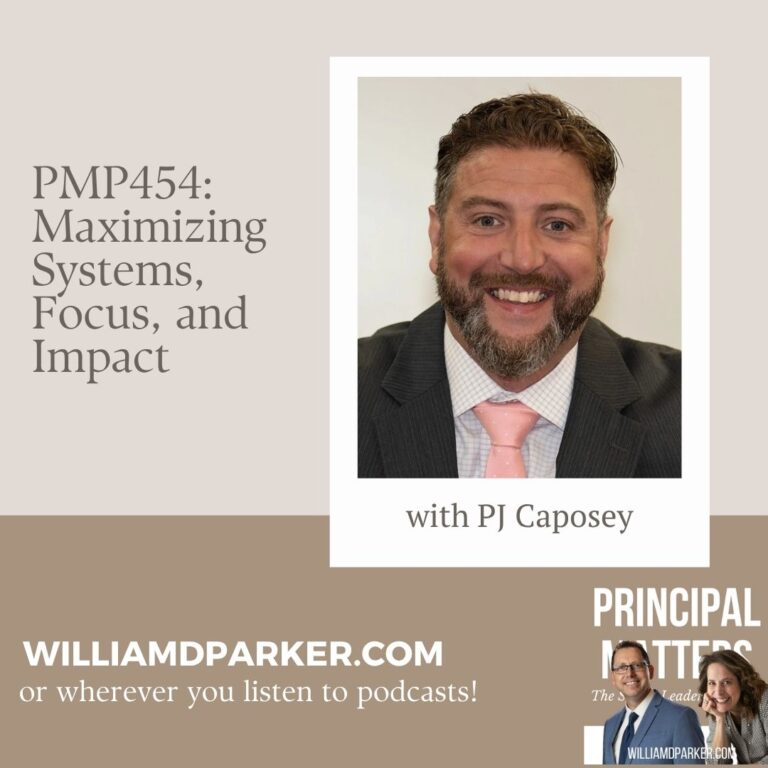Podcast: Play in new window | Download
Phyllis L. Fagell, LCPC, is a school counselor in Washington, DC, a therapist who works with children and teens in private practice, and an author and journalist. She is the author of Middle School Matters: The 10 Key Skills Kids Need to Thrive in Middle School and Beyond – and How Parents Can Help, and her new book is Middle School Superpowers: Raising Resilient Tweens in Turbulent Times.

Here are some highlights from the show
Phyllis is a frequent contributor to The Washington Post and freelances for publications such as Psychology Today, CNN, Working Mother, U.S. News & World Report, and Your Teen. Her ideas have been shared in outlets including The New York Times, The Atlantic, The New Yorker, Edutopia, Mindshift, The Chicago Tribune, and NPR. She has three children and lives with her husband in Bethesda, Maryland.
Addressing Anxiety in Youth
Phyllis shares insightful strategies to combat the rising anxiety rates among middle school kids. She remarks, “Educators are all counselors now…we must understand the developmental stages and become equipped to respond…”
Individual Responses
- One-on-one interactions.
- Observing and understanding.
- Adopting mindfulness practices.
Collective Responses
- Identifying as helpers.
- Defining what anxiety truly means.
- Demonstrating how to ask for help.
- Encouraging adults to cope out loud.
Superpowers Discussion
- The “Forcefield” superpower and its benefits.
- “Optimism” as the antidote to the “Eeyore Syndrome.”
Other Discussions
I reference a couple of other research pieces that Phyllis and I discuss, including:
Jean Twenge’s book Generations: The Real Differences Between Gen Z, Millennials, Gen X, Boomers, and Silents―and What They Mean for America’s Future
Hidden Brain’s podcast with Anna Lembke and her book Dopamine Nation: Finding Balance in the Age of Indulgence, by Anna Lembke, 2021. Check out that episode here.
Finally, Phyllis suggests three questions for helping students think about their use of social media
- What for? (Identify the purpose of why you are on technology)
- Why now? (What’s motivating you to use it?)
- What else? (What may be an alternative use of your time that produces better outcomes?)
You can stay connected with all of Phyllis Fagell’s resources at https://phyllisfagell.com/
Thanks for joining us! Listen to the entire episode for even more insights and strategies. And always remember, understanding the developmental stages of our youth is crucial to helping them navigate their challenges. Thank you again for doing what matters!
Connecting Through Conversation with Erika Bare and Tiffany Burns

Principal Matters is proud to include contributing posts from Erika Bare, Assistant Superintendent, and Tiffany Burns, elementary school principal, in the Ashland School District in Oregon. Together, they have authored the book Connecting Through Conversation: A Playbook for Talking with Students, available from ConnectEDD Publishing, or at their website. As Principal Matters Associates, they also regularly contribute to our newsletters. You can follow their work or find out more about their professional development offerings at: www.ConnectingThroughConversation.com
Fair is Not Always Equal
“Fair is not everyone getting the same thing. Fair is everyone getting what they need to be successful.” -Rick Riordan
Every student needs something slightly different from us in order to reach their academic potential. One student may need extra time on a test, another student may need to take calming breaks throughout the day, and yet another may require extension activities in order to be challenged. Differentiation is necessary for our students to be successful, and accommodating their differing needs and levels is a critical piece of differentiation. So isn’t it strange that we aren’t as comfortable applying that same logic to behavior? Why is it that we feel pressure to respond to unexpected behaviors in the exact same way for each and every student?
Fair is not always equal. This is true for both academics and behavior. There are multiple things to consider when determining how to respond to unexpected behaviors. As Connected Communicators, we are careful to hold all students to high standards and expectations, however, our response varies depending on the circumstance and the individual. It’s important for us to remember that all behavior is communication. When responding to unexpected behaviors, we need to consider what the student was trying to communicate, and what purpose it served.
At times, this can be difficult for other educators to understand. If educators have an expectation that all students will receive the exact same consequence for the same behavior, regardless of the circumstances, then there is bound to be frustration. We find that it’s helpful to clearly articulate to our colleagues that unexpected behaviors will be addressed individually. To be clear- we are not throwing out the behavior matrix! We are using it as a flexible tool that gives us some guardrails on how to respond. In order to maintain trust with other educators in your building, we need to be sure to close the loop with the staff who reported the behavior. Remember to share both how you responded and why. You can help build the Connected Communicator movement by explaining that by holding students accountable, while keeping in mind their individual needs, you are maximizing the students’ learning.
A similar conversation is often needed with parents or caregivers, especially when they are trying to establish how a consequence for their child lines up with consequences for another. We all know how tricky it is to partner with a caregiver when they feel their student was wronged in some way and they want to make sure the other student’s consequence was “severe” enough. Of course, we can’t share exactly what we did, but we can let them know that we took the situation seriously, and each students’ behavior was addressed in order for the behavior not to be repeated. Sometimes, it’s helpful to share that we cannot disclose the details of another student’s consequences, in the same way we would not discuss their child’s confidential information with others.
We know that we have to differentiate for our students to meet their academic needs. The same is true for supporting their social, emotional, and behavioral development. Helping the whole school system remember that fair is not equal will allow us to give each student what they need to grow and develop into the amazing humans we know they are.
Connect with Erika or Tiffany at hello@connectingthroughconversation.com


